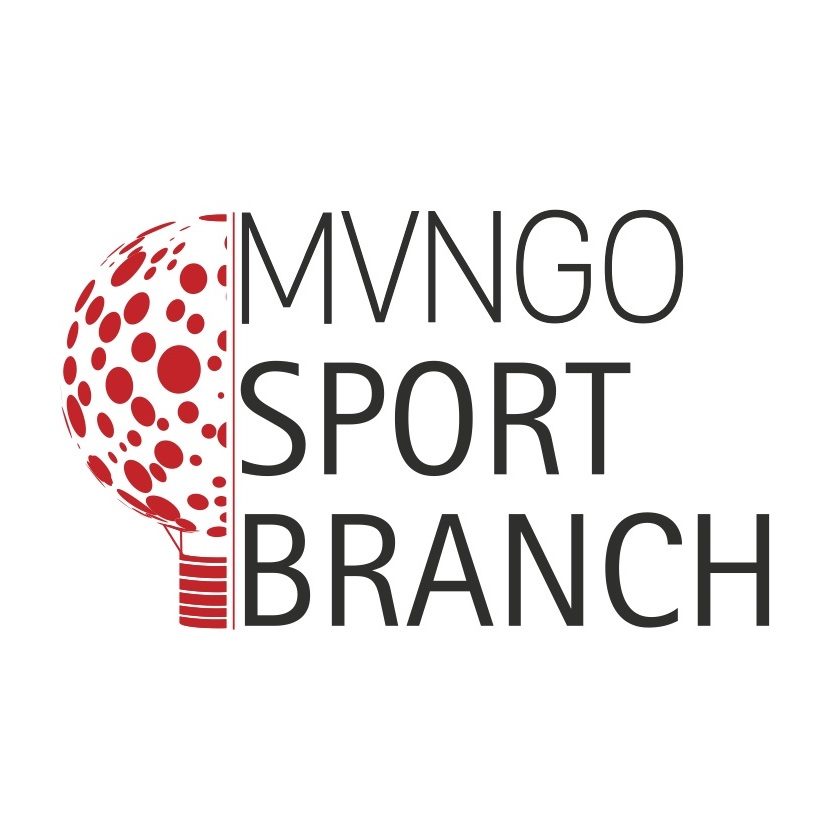Curricular Pathways for Migrants’ Empowerment through Sport (CPMES) is a project Co-funded by the European Education, Audiovisual and Culture Executive Agency (EACEA) – that focuses on employing the methodology of Education Through Sport (ETS) as a vehicle of upskilling and curricular enhancement of Sport Coaches and Trainers working in the field with disadvantaged target groups with migrant background in the perspective of fostering inclusion and equal opportunities in as well as through Sport for migrants.
CPMES pursues the specific Erasmus Plus Collaborative Partnership priorities related to encouraging social inclusion and equal opportunities in Sport, and aims at answering the challenge of social exclusion of migrants in Europe. A particular focus is addressed to the compelling issue of systematic underrepresentation of migrants in non-playing roles within Sport clubs and organizations.
CPMES fosters the European dimension of the identified cross-national challenge (the underrepresentation of migrants in responsibility positions within the field of Sport) through producing educational curricula and modules for the upskilling of existing Sport operators (Coaches and Trainers) working the migrant audience towards customized profiles of Sport Management educators supporting migrants in the development of Sport Manager profiles by addressing the constraints and challenges faced by migrant in accessing such position through educational means.
Therefore, the CPMES conference endeavors to bring together all the parties and stakeholders an international audience of stakeholders and experts in the field of Sport, Migrant, Education and general public. – to present and debate the CMPES project outcomes & methodologies; engage in a follow up – of critical societal importance in the EU.
Conference Topics
As key dimension of project added European value its the embedding an approach of transnational and cross-sectorial research on the upskilling needs of migrants and educators, the conference will display
A basis of further initiatives and policy-making efforts at all levels in the field, EUROSTAT depict a frame of consistent disparity between migrants and locals in access to employability opportunities. Furthermore, migrants in the EU-28 have a higher risk of poverty and social exclusion in regards to nationals. In the field of Sport, the under-representation of migrants is particularly evident and challenging in their exclusion from positions of authority and from overall representation in non-playing positions.
To address and represent an inbound driver of customization to national challenges and conditions, the CPMES project was based on two different approaches:
- the up-skill process of sport operators in order to become proper mentors for migrants’ potential sport managers;
- to offer migrants tailored local trainings to acquire competences related to the profile of Sport Manager
By means of research and activities the CPMES project elaborated reports on Migrants’ Upskilling Needs in Sport by cross-country research and ETS Profiles, that include a pondered assessment on potential integration; skills improvements and modification; knowledge and methods in light of the peculiarities and needs of migrants.
To address a wider usability and impact for migrants across the European spectrum, the CPMES project elaborated:
- a training format based on the Education Through Sport (ETS) methodology, targeted at operators interested in the development of migrant Sport Manager profiles.
- a handbook containing the preparation and assessment methods related to the Training Format.
To enhance the usability, relevance and impact of results in a European dimension, the CPMES project elaborated:
- An activity plan containing national strategies to implement training courses that target and involve migrants.
- Guidelines for sport entities for the work-related integration of migrants as Sport Managers.
- An online platform offering e-learning, fostering individual training for migrants’ potential as Sport Managers (i.e. administration, human resources’ management, digital content creation, management of sport events, marketing and communication, financial strategies and good governance).
Themes and cases within these topics will be discussed from various angles, including expected societal and economic benefits, ethics, public perceptions and involvement, and the regulatory framework. The conference will address the four key themes in plenary sessions where keynote speakers will present challenging views and innovative / empowerment tools. In between the plenary sessions network opportunities will be provided. International keynote speakers will present their experiences, research and visions, which in turn will be challenged by the CPMES partners and/or participants engagement during the sessions.
- Identification of key concerns and issues. These e.g. include ethical implications, environmental disturbances, economic balance of power, legal implications, intellectual property, philosophicalreligious considerations, and political decision making.
- Presentation of a multilingual Self-Learning path in Sport Management directly accessible by migrants, to foster the dimension of autonomous learning and therefore act as a multiplier of outreach and impact.
- Insight into the ways these aspects can be involved in decision making processes of associations, social enterprises, companies, research, policy makers, interest groups so as to enable truly informed choices, and to link the scientific and migrant empowerment in and through sport to societal goals.
- Exploration of future trends in society and sport. The Conference will be closed by a participatory session, wherein the organizers will engage the audience of target groups and stakeholders in a debate over potential partnerships and schemes of European follow-up – to further develop the project and enhance its sustainability in a long-term perspective.
The CMPES Conference will address all these subjects from an international perspective. Therefore, the positioning of the conference will be on a European level and English spoken. Where relevant examples will be used from both Local Sardinian and International experiences, with specific reference to specific aspects of Migration and Careers, such as density of population, open borders and a multi-cultural society.
This full day conference is intended for all those who feel they have a stake in ‘Empowerment through Sport’ This means bringing together representatives on a real interdisciplinary level – from user groups, developers, policymakers, scientists – professionals from Sport Clubs, NGOs, educational institutions, universities, public authorities, social enterprises – etc. (Italian and European). The coffee and lunch breaks will offer participants the opportunity to discuss conference topics and renew their networks with research, user groups and stake holding representatives.
